How to increase the alkalinity in the pool
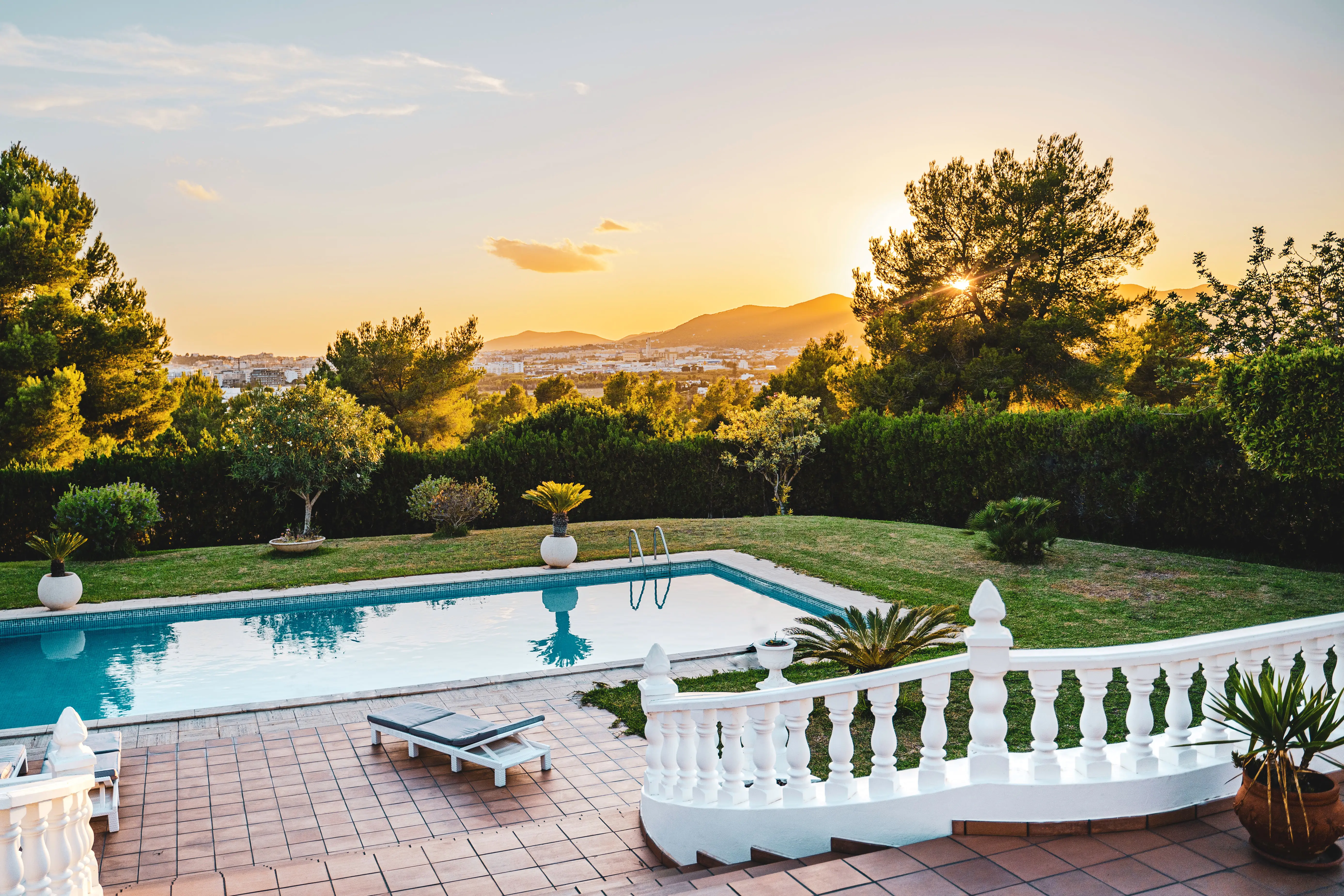
Alkalinity is one of the most critical chemical parameters of swimming pool water. It is often ignored when you start, but sooner or later, you have to learn to master it. We will see the consequence of too-low alkalinity in the pool and how to increase it. There’s only one way to measure pool alkalinity…
How to lower too-high alkalinity in the pool?
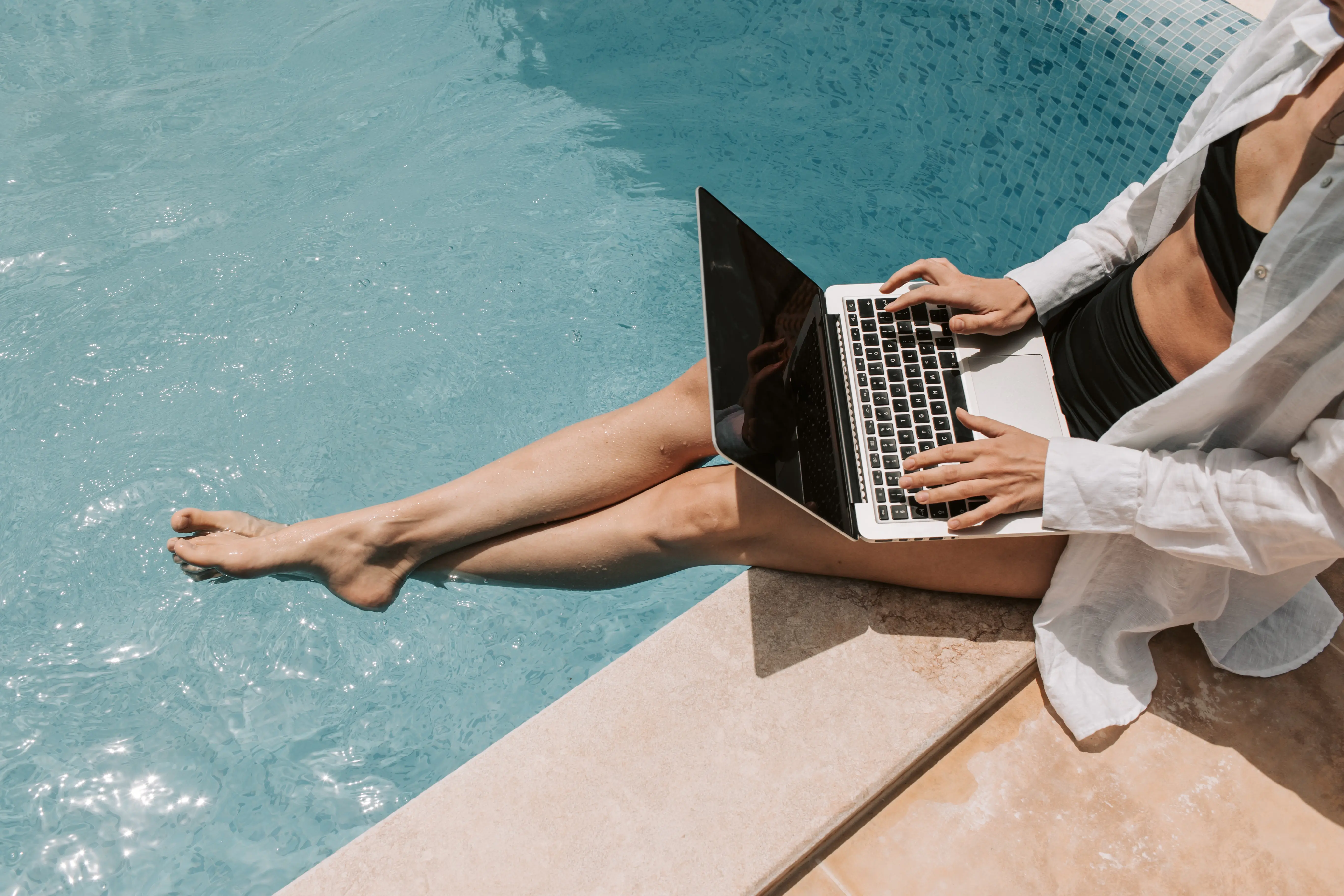
The alkalinity is helpful in the swimming pool, but the level must not be too high. When the alkalinity is too high, it is more difficult to modify the water chemistry. We will see here how to lower the alkalinity of the pool. Decreasing alkalinity often goes hand in hand with pool pH. What is…
2 ways to lower too-high chlorine in a pool
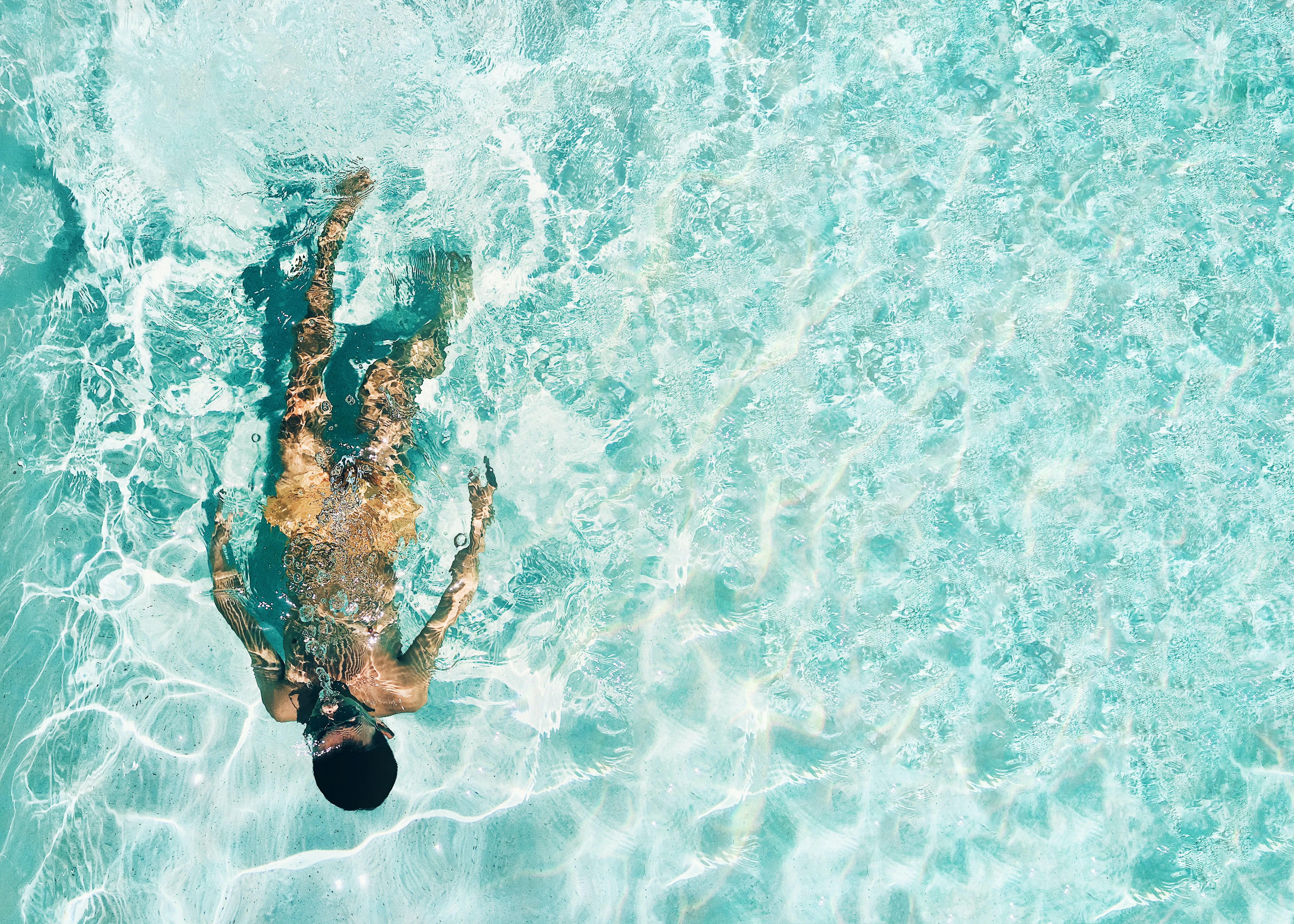
A too-high chlorine level in a pool can be dangerous. That’s why the chlorine level needs to be checked. When the chlorine level in a pool becomes too high, it can cause skin and respiratory irritation and other problems. It’s essential to recognize the signs of high chlorine levels and reduce the chlorine concentration in…
The chlorine stabilizer in the pool (CYA): ultimate guide, and ideal rate
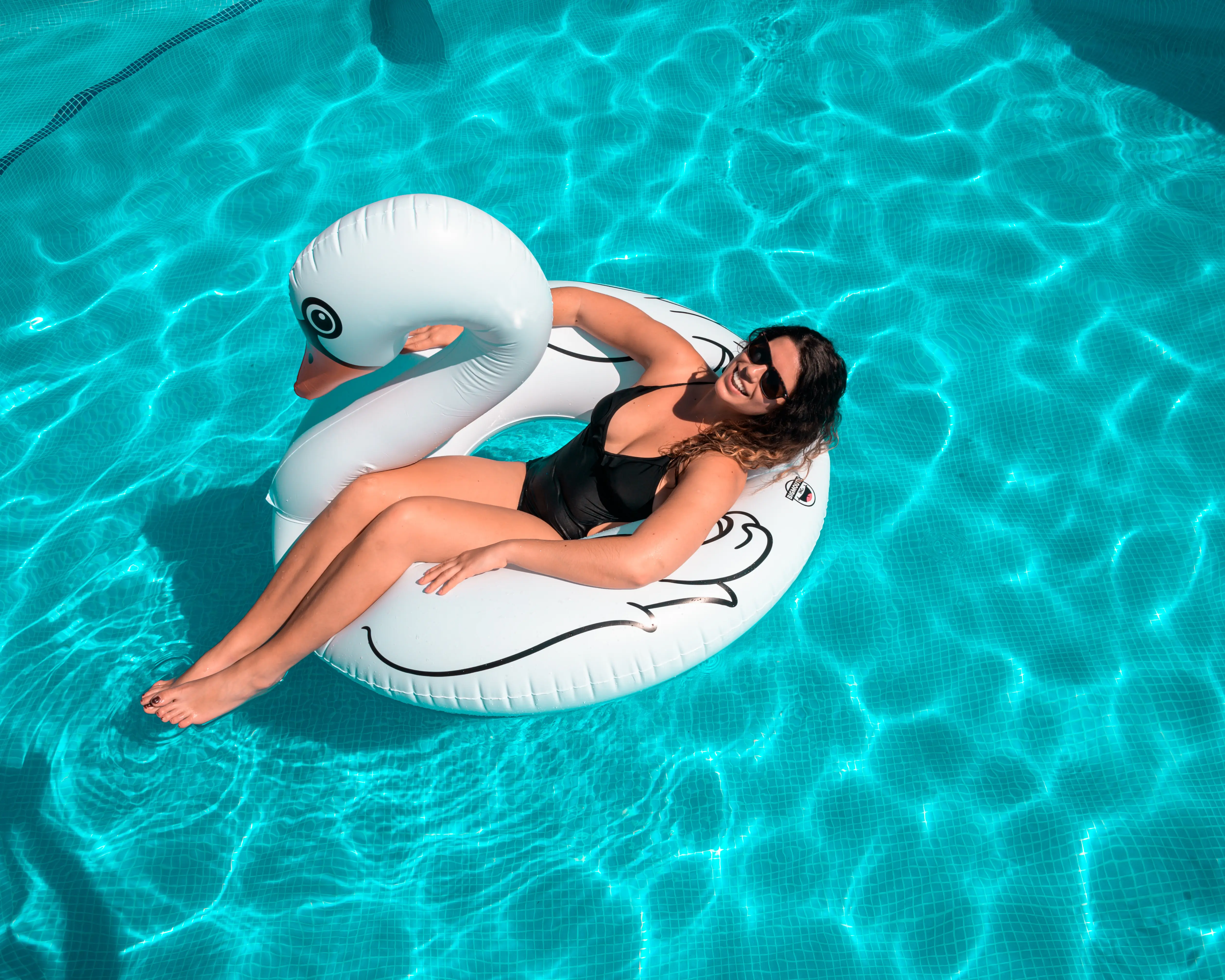
The stabilizer is an essential parameter for maintaining good quality water. The stabilizer is helpful for a chlorine pool and a salt pool. The level of chlorine stabilizer must always be within a specific range. If the pool stabilizer is too low, it must be raised. When the pool stabilizer is too high, it must…
Too-high or Too-low ORP level in the pool: ultimate guide
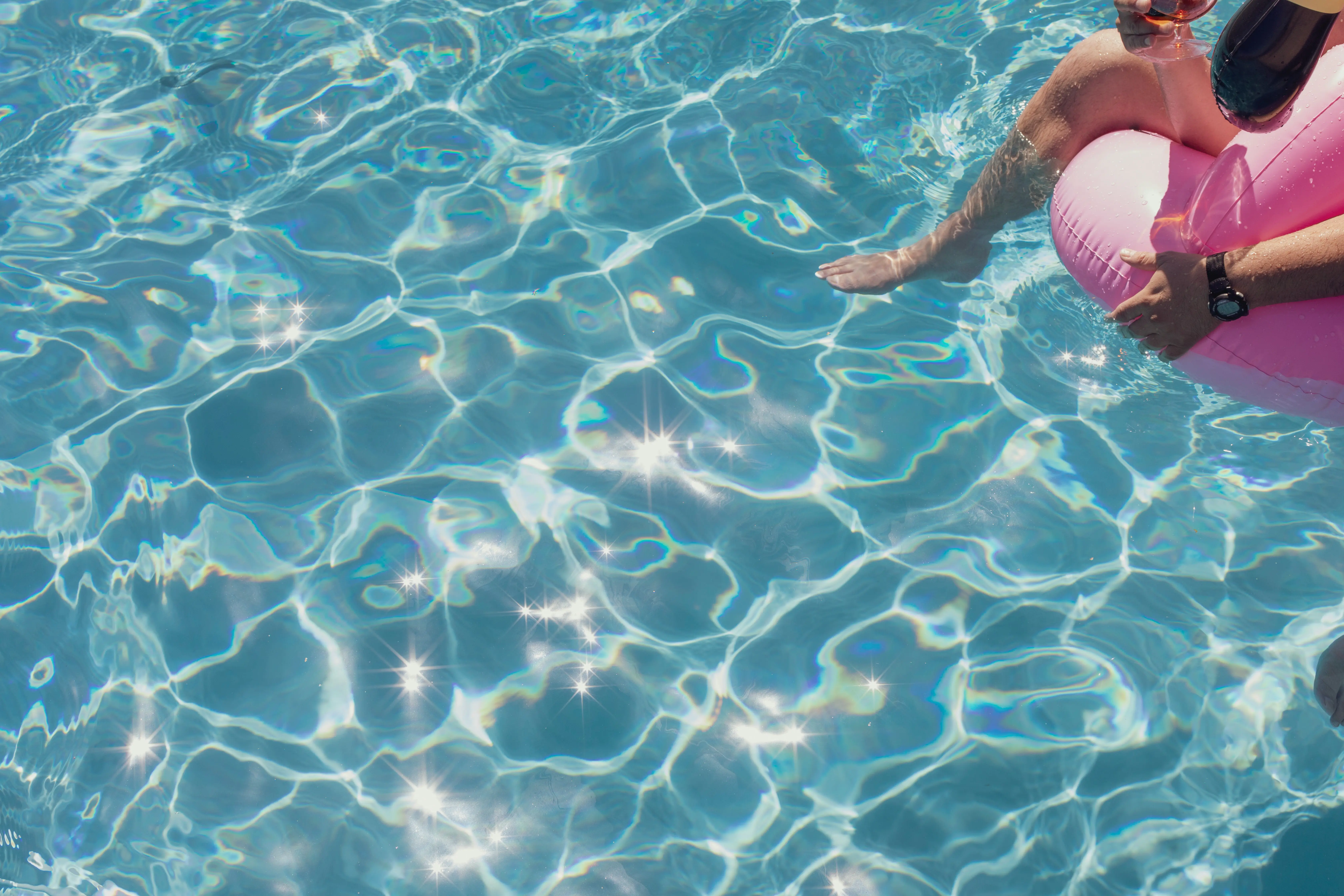
ORP is a common measurement in the swimming pool. It lets you know if the pool is disinfectant. The pool’s ORP level must be within a specific range, neither too high nor too low. We will see how to increase the ORP rate in a salt, chlorine, or bromine pool. Compatibility. ORP measurement only works…
6 ways how to raise pH level in a pool
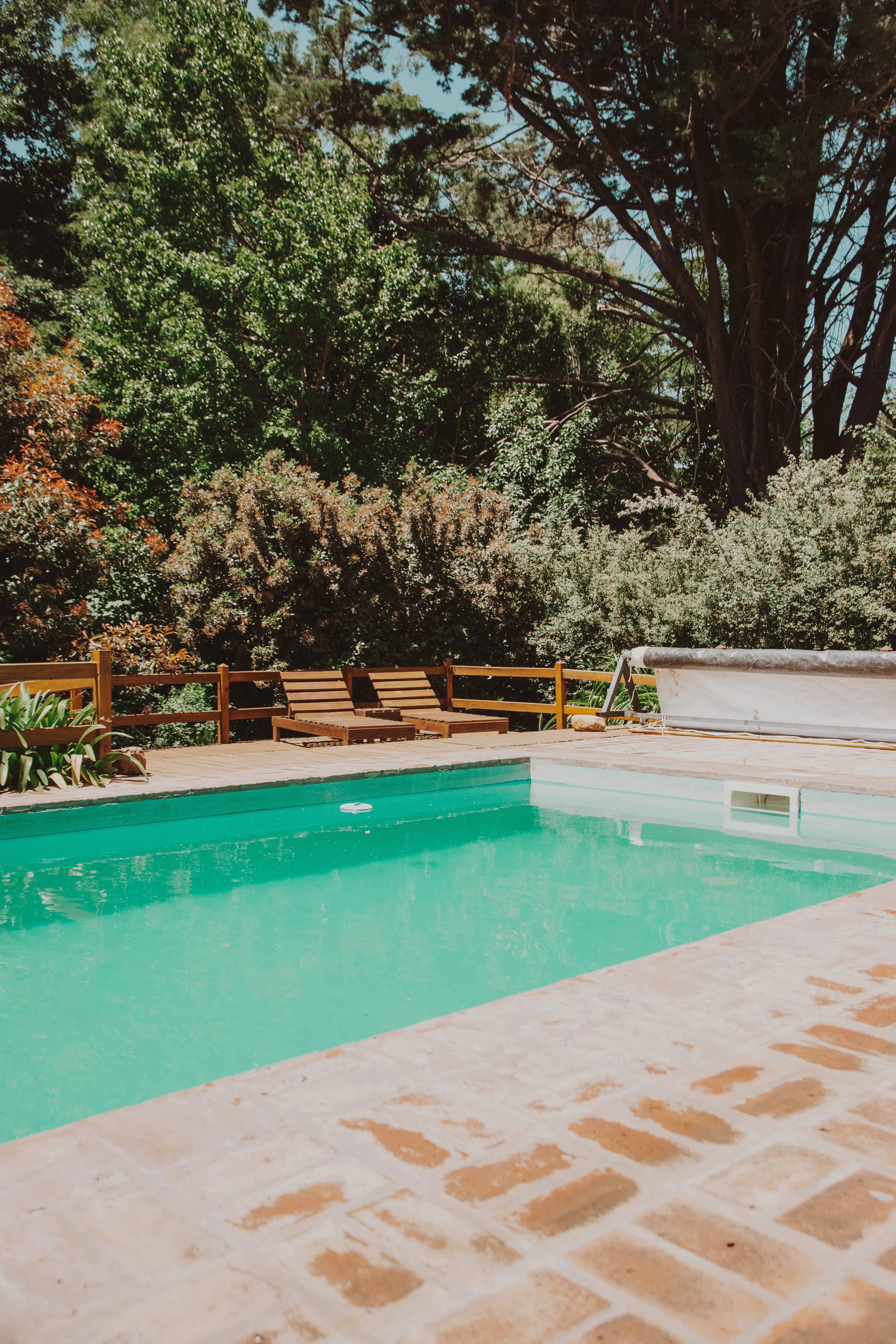
When the pH level of the pool is too low, you have to raise it quickly because the consequences can be significant. We will see in detail 6 ways or products to raise the pH level of the pool, including baking soda. What is a too-low pH? The ideal pH depends on each type of…
Free, Active, Combined, Total Chlorine, Chloramines, and Orp in the pool
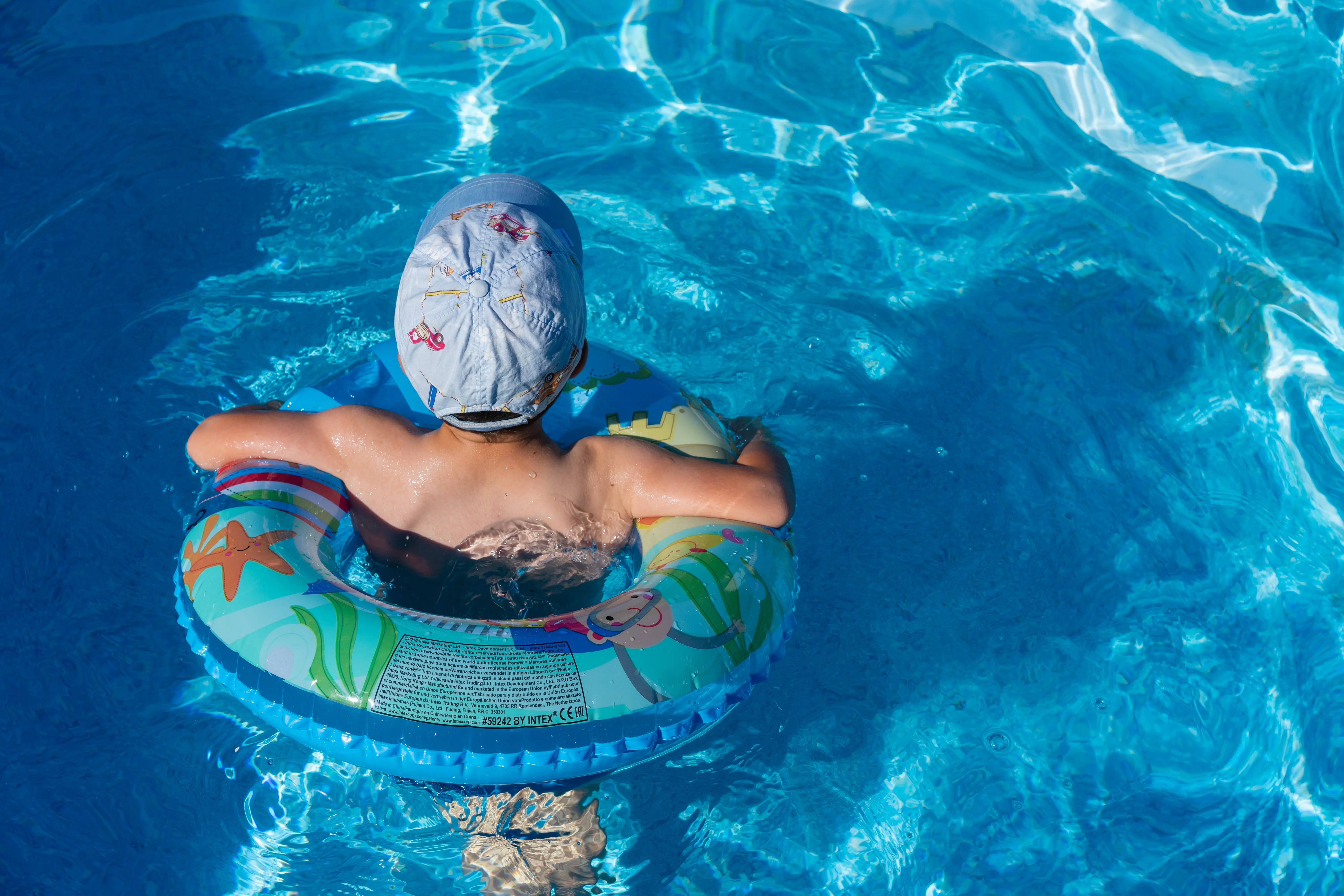
Chlorine is the most widely used pool disinfectant. In the swimming pool, there are several types of chlorine: free chlorine, active free chlorine, combined chlorine, or chloramines. We will see here what those different chlorine types mean in the swimming pool. We will also talk about Orp, often used to measure chlorine in a swimming…
3 ways to raise chlorine level too low in the pool
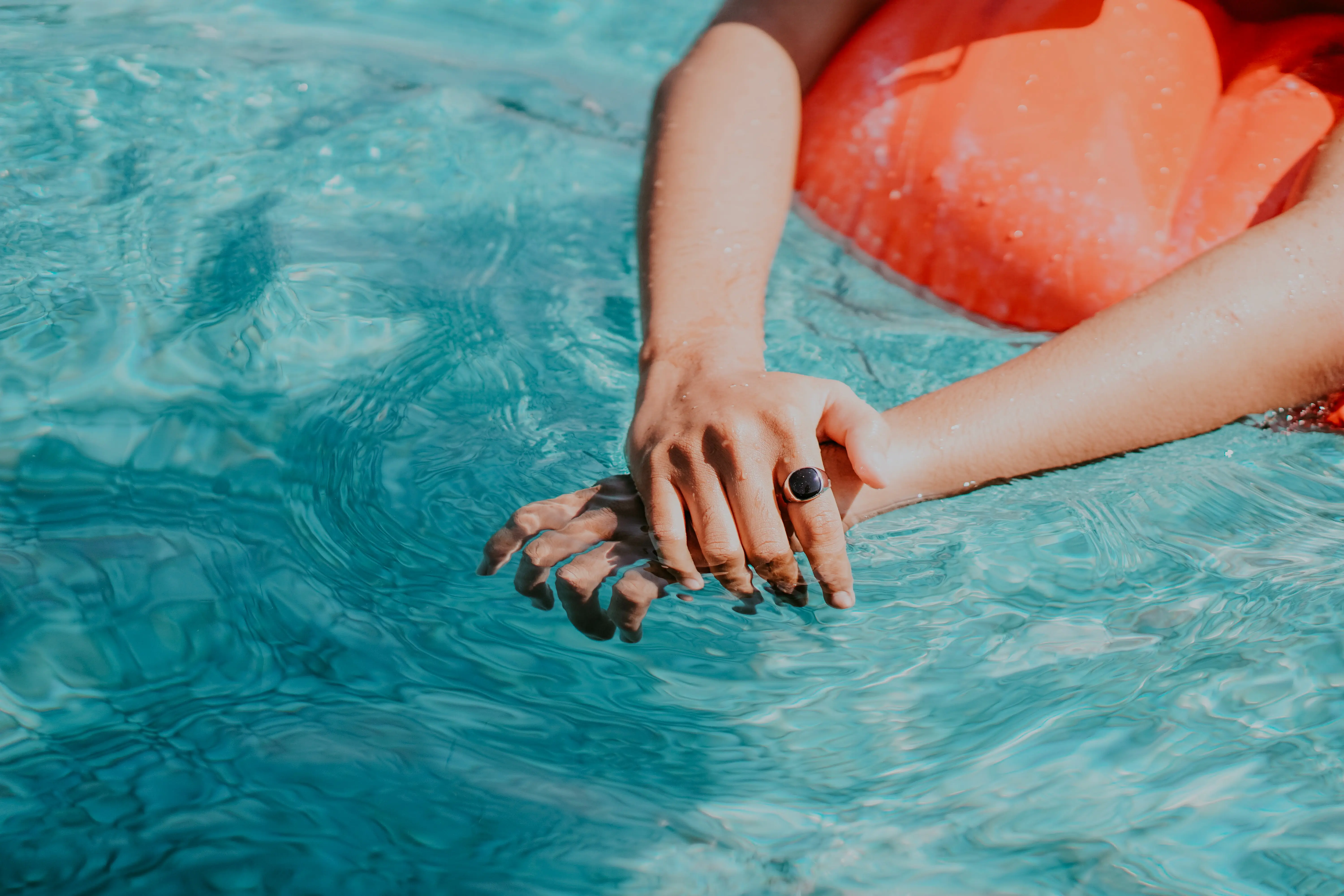
Chlorine is the most widely used disinfectant in the pool by far. It’s very effective, cheap, and appropriate. Even so-called “salt” pools use chlorine produced from salt. We will see different ways to raise the chlorine level in a swimming pool when it is too low or even at 0. Which chlorine to measure: active,…
Here how I clear a cloudy pool as a professional
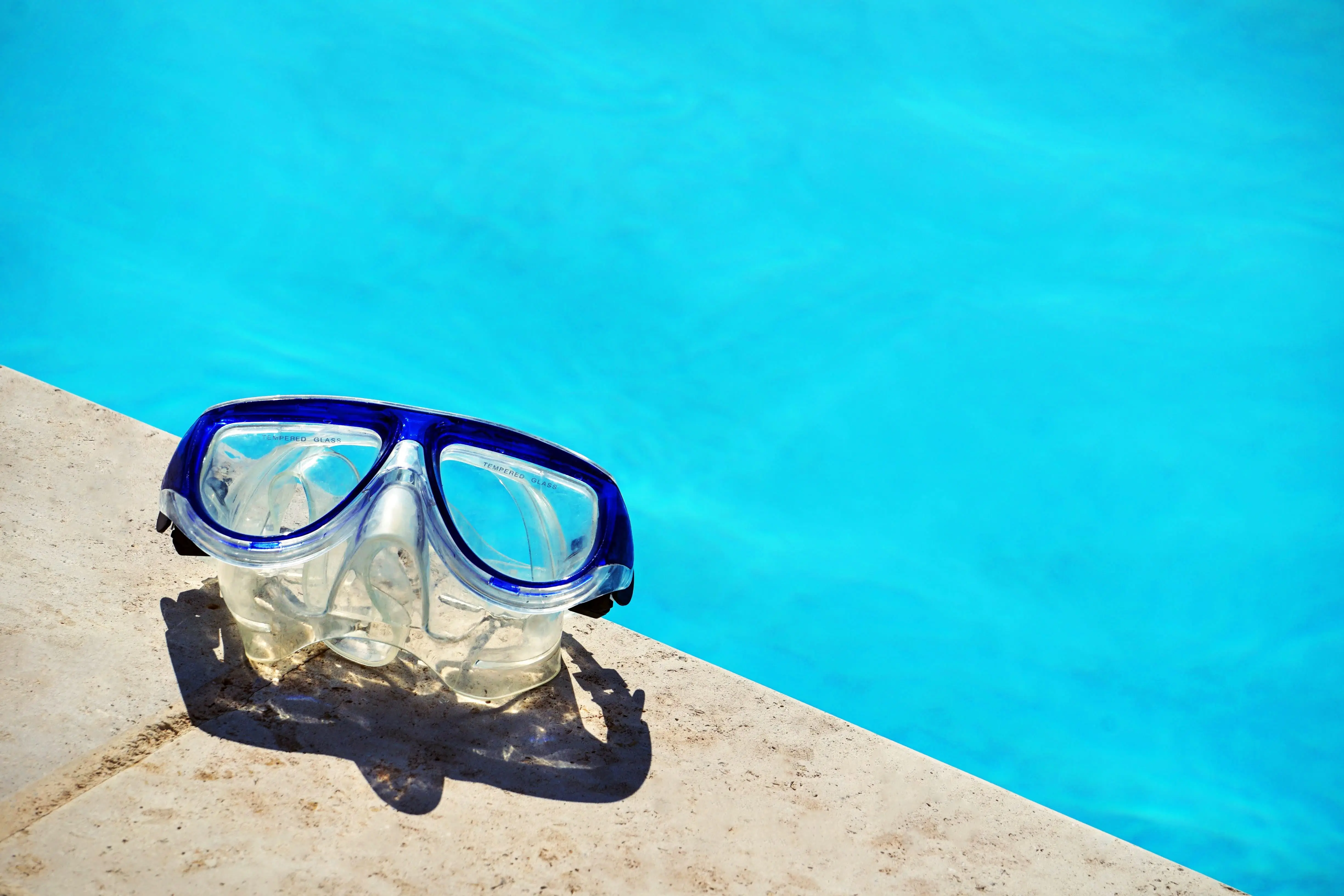
Pool water can sometimes become cloudy. There are several possible causes, and in all cases, the cloudy water can be fixed. We will see how to clean cloudy pool water quickly and easily. If the water is cloudy and green, it is probably algae. See here the method to clean green water in the pool. We…
How to treat yellow algae in a pool

Mustard yellow algae are tough to recognize and eliminate from the pool. You must eliminate mustard algae in the pool as soon as possible because it can be dangerous for humans. The longer you wait, the longer it will take harsh chemicals, far more than bleach, and hours of cleaning to remove the mustard-yellow algae.…